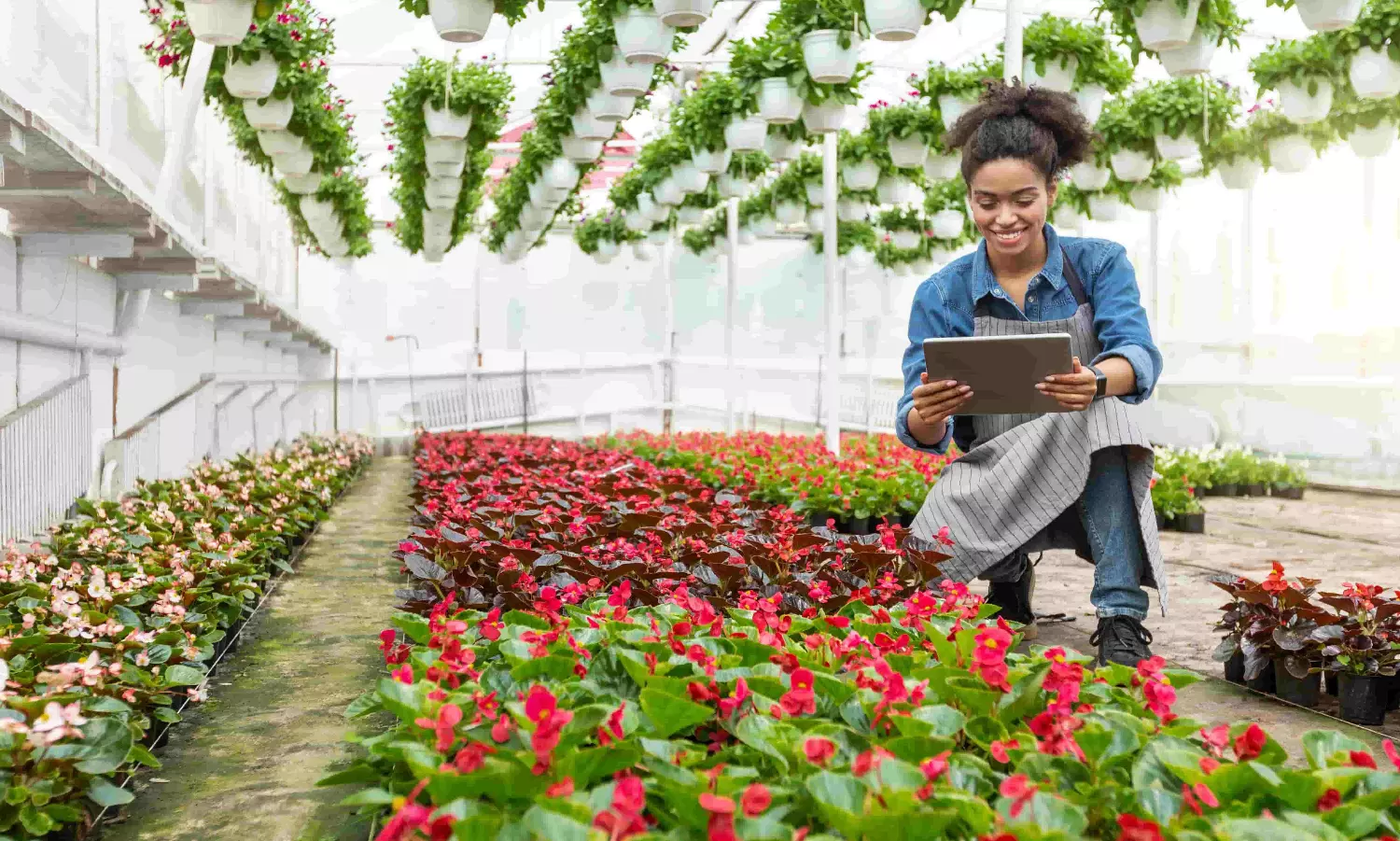Can data-driven insights revolutionise flower logistics
By utilising quality data points and data analytics, logistics companies can increase the shelf life of flowers.

In the fast-paced world of global flower logistics, where each petal holds promise and every bloom is a delicate masterpiece, efforts to extend the shelf life of flowers have always been of great importance. Amidst these endeavours, data-backed insights have recently emerged as a new source of hope. Now, the question is whether data-driven decisions can truly revolutionise the way we view flowers, transforming them from perishable items to non-perishable ones.
With the Flower Logistics Africa conference happening on March 27th at Emara Ole-Sereni, Nairobi, Kenya, this article sheds light on the critical importance of data intelligence and data-driven decision-making in the world of flower logistics. It also explores how leveraging data is a game-changer that not only enhances sustainability but also maximises the shelf life of perishable items like flowers.
An overview of the flower industry
The Dutch once held a 50% market share in the global flower industry, but new contenders emerged, such as Kenya, Ethiopia, Colombia, and Ecuador. With enormous efforts, these countries are now challenging the Dutch hegemony. Despite the competition, the Netherlands remains a major player in the industry, thanks to its reputation for high-quality flowers and a robust network of wholesalers and exporters.
In recent years, Kenya has seen significant growth in its flower export, with cut-flowers becoming its second-largest export after tea. Currently, 40% of all roses sold in the European Union are supplied by Kenya.
Amidst this backdrop of market evolution, the significance of sustainability surged to the forefront. Gartner's CEO survey revealed a remarkable 292% uptick in sustainability as a strategic business priority since 2022, signalling a seismic shift in industry priorities. It is within this context that the transformative potential of data-driven decisions begins to unfold.
Impact of data on sustainability
Imagine the vast fields of roses swaying gently in the African breeze, their journey from farm to vase meticulously orchestrated by a symphony of data. With access to the right set of key performance indicators (KPIs) and quality data, logistics giants can navigate the ebb and flow of market demand with precision, capitalising on every supply dip and demand spike. Data-based insights can also help these companies enhance storage and cold-storage integrity along with finding efficient logistical options like ocean freights.
Maersk, a leading company in the logistics sector, advocates for ocean transport as a sustainable solution for reducing greenhouse gas emissions and transportation costs. Compared to other modes of transportation, ocean transport emits fewer greenhouse gases, provides reliable and secure delivery, and reduces costs.
By adopting sustainable transportation methods along with transparency of data across the entire supply chain, businesses can move towards a greener future as well as reduce operational expenses. But, air transportation still remains the fastest and most-preferred logistical option. Moreover, the industry should consider using 100% sustainable aviation fuel and switching to electric aircraft systems to enhance sustainability efforts.
However, sustainability isn't just about extending shelf life; it's about reimagining the entire supply chain with an eye towards environmental stewardship and social responsibility. By reducing carbon footprints, improving packaging sustainability, and investing in local communities, industry stakeholders align themselves with the evolving standards of ESG performance.
But why share data across the industry? As shared in a recent post by FlowerWatch, Jeroen van der Hulst, the CEO of FlowerWatch, believes in the benefits of sharing data across the industry. He argues that doing so fosters the growth of the industry, pushes for improvements, and meets the expectations of today's consumers who demand transparency and sustainability. It is through collective action that industry players can strive towards meeting the discerning needs of consumers.
Data: Key to transforming perishability of flowers
As the narrative unfolds, a pivotal question emerges: can data-driven decisions truly revolutionise the perishability of flowers? The answer lies in the intersection of technology and tradition, where innovation meets the age-old artistry of floral cultivation.
Furthermore, the integration of digital tracking solutions heralds a new era of transparency and control. Real-time monitoring of temperature, humidity, and oxygen levels ensures optimal conditions for flower preservation, even amidst the rigours of long-distance transit.
As the story unfolds, a sense of optimism pervades the air. With each data point collected, each decision informed by analytics, the dream of turning flowers from perishable to non-perishable items inches closer to reality.
Yet, challenges remain on the horizon. Inflation, labour scarcity, and economic uncertainties cast a shadow over the industry, underscoring the need for continued innovation and adaptation. And yet, amidst these challenges, the promise of data-driven decisions shines bright, illuminating a path towards a future where flowers bloom for a long time, transcending the constraints of time and season.
Transparent data-driven decisions are transforming the floral industry. Transparency in global flower supply chains isn't just a trend—it's essential. While concerns about sharing company data persist, the benefits outweigh the risks. Data sharing drives growth through collaboration and synergy, essential in today's competitive market. It also fosters improvement by collectively addressing weaknesses.
In an era of rapid technological advancement, adaptability trumps secrecy, fostering innovation and resilience. Moreover, consumers demand ethically sourced, sustainable products, giving transparent supply chains a competitive edge. Ultimately, data-backed insights enhance sustainability, cold chain integrity, and future-proof businesses against risk and unpredictability.


